Master Your CRM: The Ultimate Salesforce Health Plan for 2025
Salesforce Health Cloud has become an effective healthcare CRM platform, seamlessly integrating patient data while enhancing care team collaboration,...
4 min read
 Jimmy Pomella
:
Nov 29, 2024 4:05:35 PM
Jimmy Pomella
:
Nov 29, 2024 4:05:35 PM
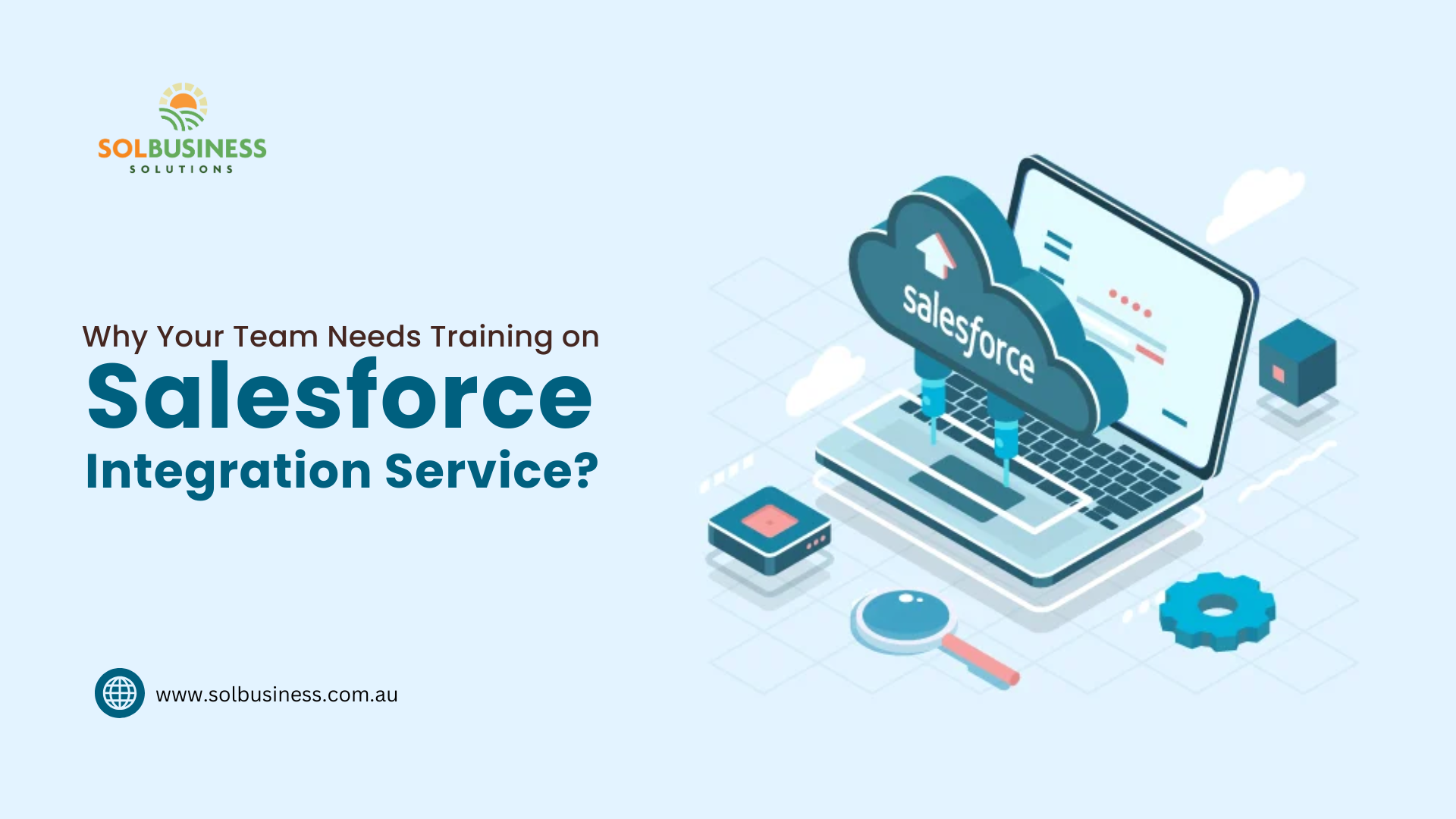
Have you ever considered organizing data management, streamlining corporate procedures, and obtaining a 360-degree customer view? Indeed! Although it is not a major task now, salesforce implementation makes it possible. Salesforce, one of the most popular and successful customer relationship management systems, can get even more expressive when integrated with other business systems. Salesforce can easily integrate with platforms for customer service or marketing to provide you with an accurate overview of how your organization is succeeding.
However, with the numerous Salesforce integration services now, deciding which will shape your business needs can be overwhelming. Choosing the right integration service is important for ensuring that the facts flow easily across your structures, which, in the long run.
To assist you in navigating this, we’ve compiled a guide on what you need to know before selecting Salesforce integration services.
Before selecting an integration provider, take the time to assess your business's particular integration needs. Every business has unique structures, tools, and information flows, so understanding how these engage with Salesforce is crucial. Here are some inquiries to ask:
What systems need to be included? Salesforce can also need to combine with your email marketing software program, ERP systems, accounting software program, or customer service tool.
How regularly do you want data to sync? Does your business require real-time data sync, or is periodic synchronization sufficient? This will decide whether or not you need a solution that supports stay facts updates or a batch update machine.
Who will use the integration? Consider the end-users of the integrated systems. Will they work in customer service, marketing, or revenue? Knowing their requirements will guarantee that the integration improves workflows and doesn't interfere with them.
Understanding every aspect of your integration needs can help you select a solution that complements your company's strategies.
Salesforce provides numerous approaches for CRM system implementation. Depending on your business needs and technical expertise, you could choose from the following integration methods:
Salesforce APIs: Salesforce offers APIs, including REST, SOAP, and Bulk APIs, that allow you to construct custom integrations. If you have an in-house development team with technical abilities, this feature allows you to tailor the integration precisely to your needs.
Middleware Platforms: Middleware services like Dell Boomi offer pre-constructed connectors to integrate Salesforce with extensive third-party packages. These structures are ideal if you don’t have the resources to construct custom integrations from scratch. They provide a more user-friendly and short solution.
Pre-constructed Integration Tools: Many famous third-party programs (like Marketo, HubSpot, or QuickBooks) offer out-of-the-box integrations with Salesforce. These integrations are frequently easy to set up and require minimal customization.
Choosing between these alternatives depends on your technical skills and the complexity of your integration requirements. If your business requires more custom functions or has complex records workflows, you could consider using Salesforce APIs or a middleware solution. Pre-constructed equipment can offer an efficient and cost-effective method for less complicated needs.
Your salesforce implementation needs can evolve over the years. As your business grows and new tools are introduced into your tech stack, you must ensure that your chosen combination service can scale with your organization.
Here are a few elements to consider:
Can the service handle a higher volume of data? As your company expands, you might need more data. Select a solution that can be easily expanded to handle higher data volumes without compromising functionality.
Flexibility for brand-new structures: Your business may adopt new equipment, so it's important to select salesforce integration services that can effortlessly accommodate new structures as your needs change.
Cloud vs. On-Premise: Many organizations are shifting to the cloud, but a few agencies still use on-premise structures. Depending on your IT infrastructure, ensure your integration provider can connect cloud-based and on-premise CRM system implementation.
Deciding on an integration service that can scale and adapt to new tools ensures that your investment is future evidence.
Given the sensitive customer data, security must be a top priority when choosing an integration service company. You need to make sure that your statistics are covered at each level of the integration procedure.
Here are a few protection factors to take into account:
Data encryption: Check that the combination provider encrypts your information both in transit and at rest. This ensures that your information is protected from unauthorized access throughout the mixing procedure.
Authentication: Strong authentication strategies, like OAuth 2. Zero must be used to prevent unauthorized access to Salesforce or other integrated systems.
Compliance: Verify that the mixing service adheres to the regulations that apply to your business. For instance, if you work for a healthcare organization, you should ensure the combination meets GDPR HIPAA. compliance is critical if your business is based in the EU.
Ensuring your integration solution has robust security features that will protect your business and consumer information.
The Salesforce integration cost can vary depending on your needs, the range of systems you're integrating, and the company you choose. While selecting the least-priced option may be tempting, it is important to stabilize the value and return on investment.
Here's what to recollect:
Upfront costs: These may include licensing costs for the integration platform, installation charges, and custom development or consulting services.
Ongoing costs: Many integration solutions require ongoing subscription or utilization charges. Be sure to include these in your long-term budget for salesforce.
ROI: Integration aims to streamline data, improve accuracy, and enhance productiveness. Choose a solution that will provide tangible benefits to your business. Over time, proper integration will result in advanced performance, decreased operational charges, and higher client stories, all of which contribute to an advantageous ROI.
Choosing an integration provider with good support and training assets is critical. Even after the integration is set up, your team will likely need ongoing assistance to handle any problems or make changes as your business evolves.
Here’s what to look for:
Training: Ensure that the service company provides complete training resources to your team so they are up to speed with the new integration.
Support: A responsive guide team is essential if issues arise during or after integration. Look for a vendor that offers 24/7 support or brief response times.
Documentation: Thorough documentation ensures your IT team can troubleshoot issues or make future updates without counting on the mixing issuer.
Finally, do not forget the integration partner's reputation and experience. A trustworthy and knowledgeable provider will guarantee a seamless installation procedure and may offer helpful advice.
Look for providers who:
Choosing a reputable provider such as SOL Business Solution, a well-known salesforce integration services provider with extensive experience, can ensure a successful and efficient integration.
In summary, choosing the proper Salesforce integration service is vital for streamlining operations, improving customer insights, and enhancing data control. Key factors to recollect include understanding your salesforce implementation needs, evaluating options, ensuring scalability, prioritizing security, assessing prices, and choosing a good supplier to ensure lengthy-term achievement and ROI.

Salesforce Health Cloud has become an effective healthcare CRM platform, seamlessly integrating patient data while enhancing care team collaboration,...
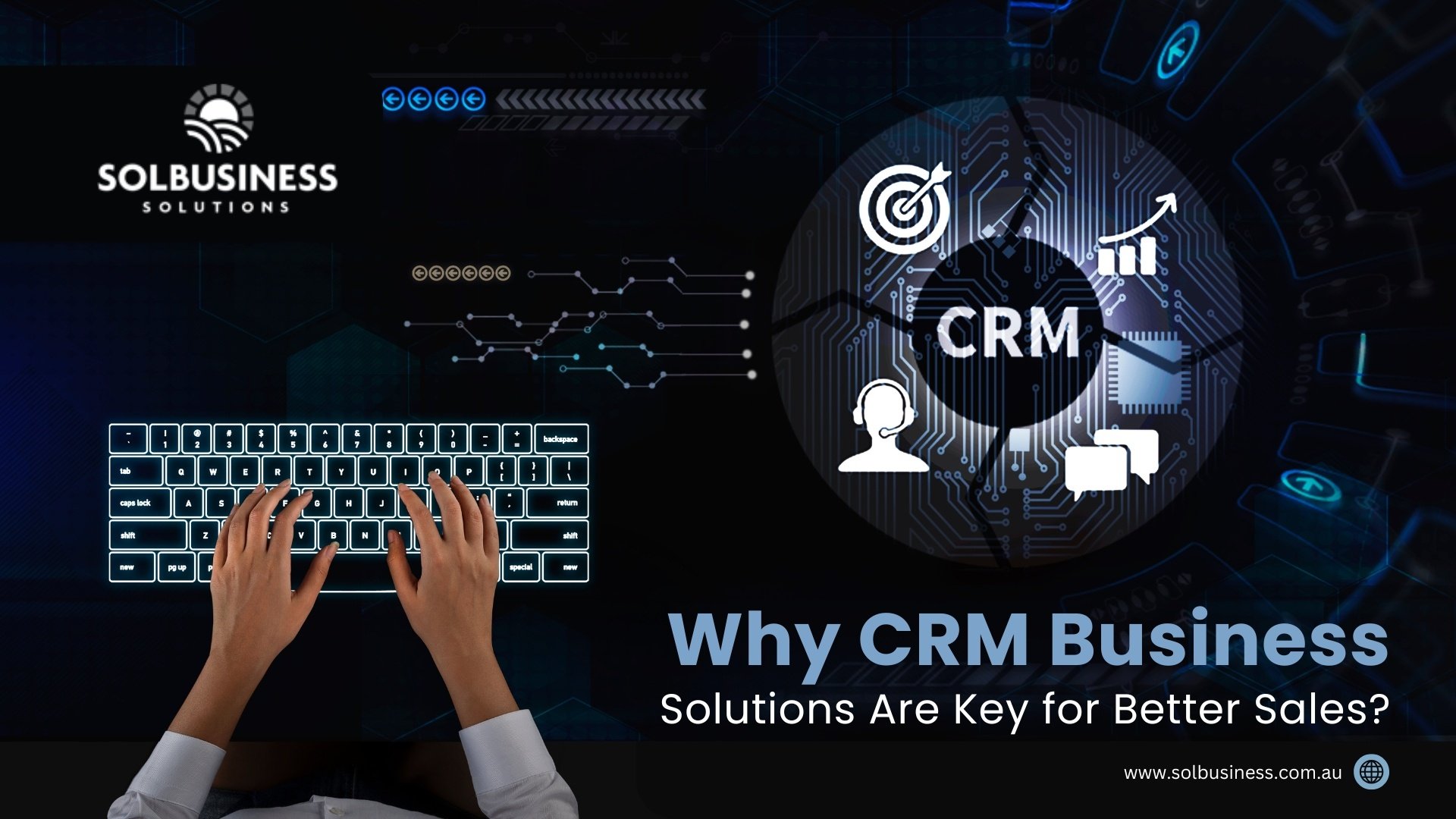
Imagine a world in which every interaction with your clients is smooth, your sales team is always aware of the next excellent step, and your...
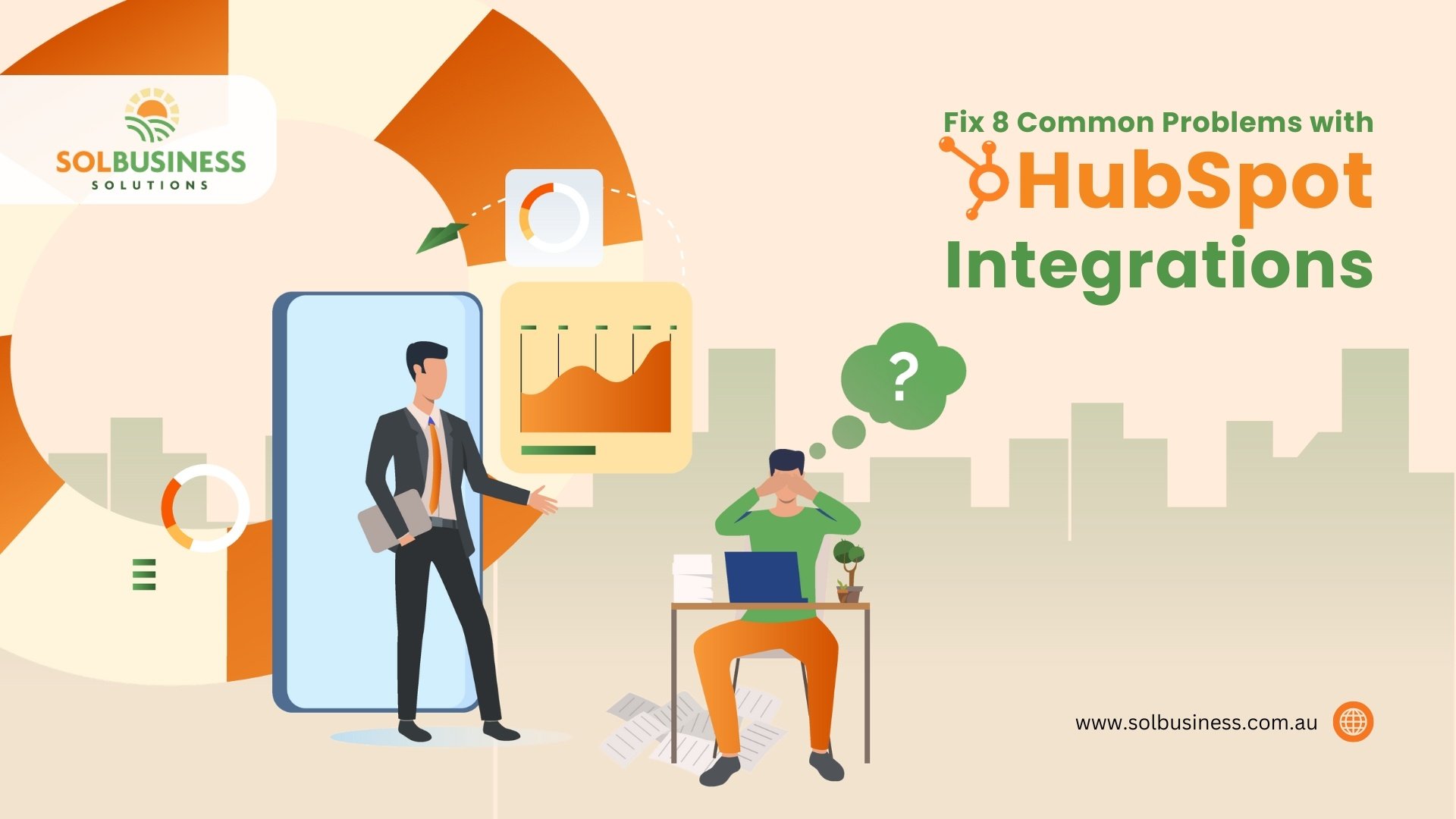
HubSpot integrations can supercharge your marketing, sales, and customer service efforts by connecting your tools and creating seamless workflows....

6 min read
HubSpot integrations can supercharge your marketing, sales, and customer service efforts by connecting your tools and creating seamless workflows....
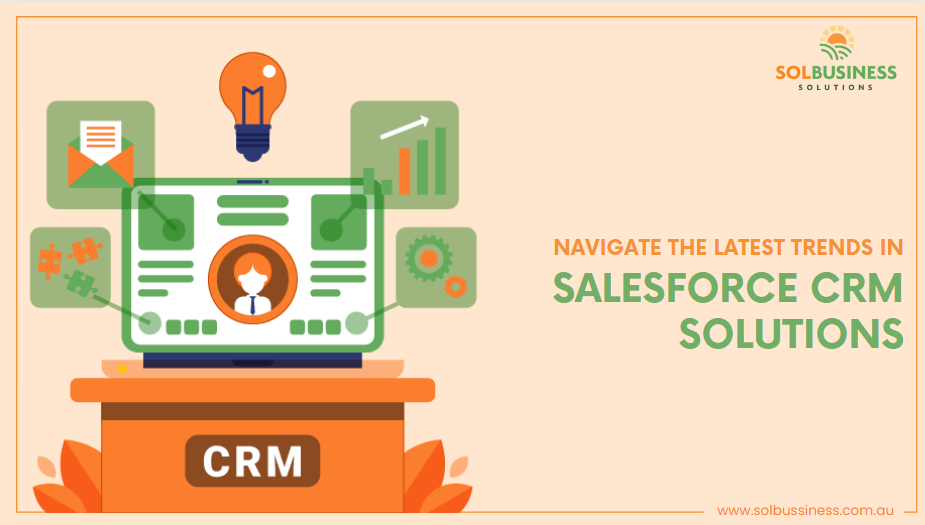
5 min read
A complete CRM platform used to be considered an excess because customer loyalty and involvement were achievable, but nowadays, it is necessary. As...
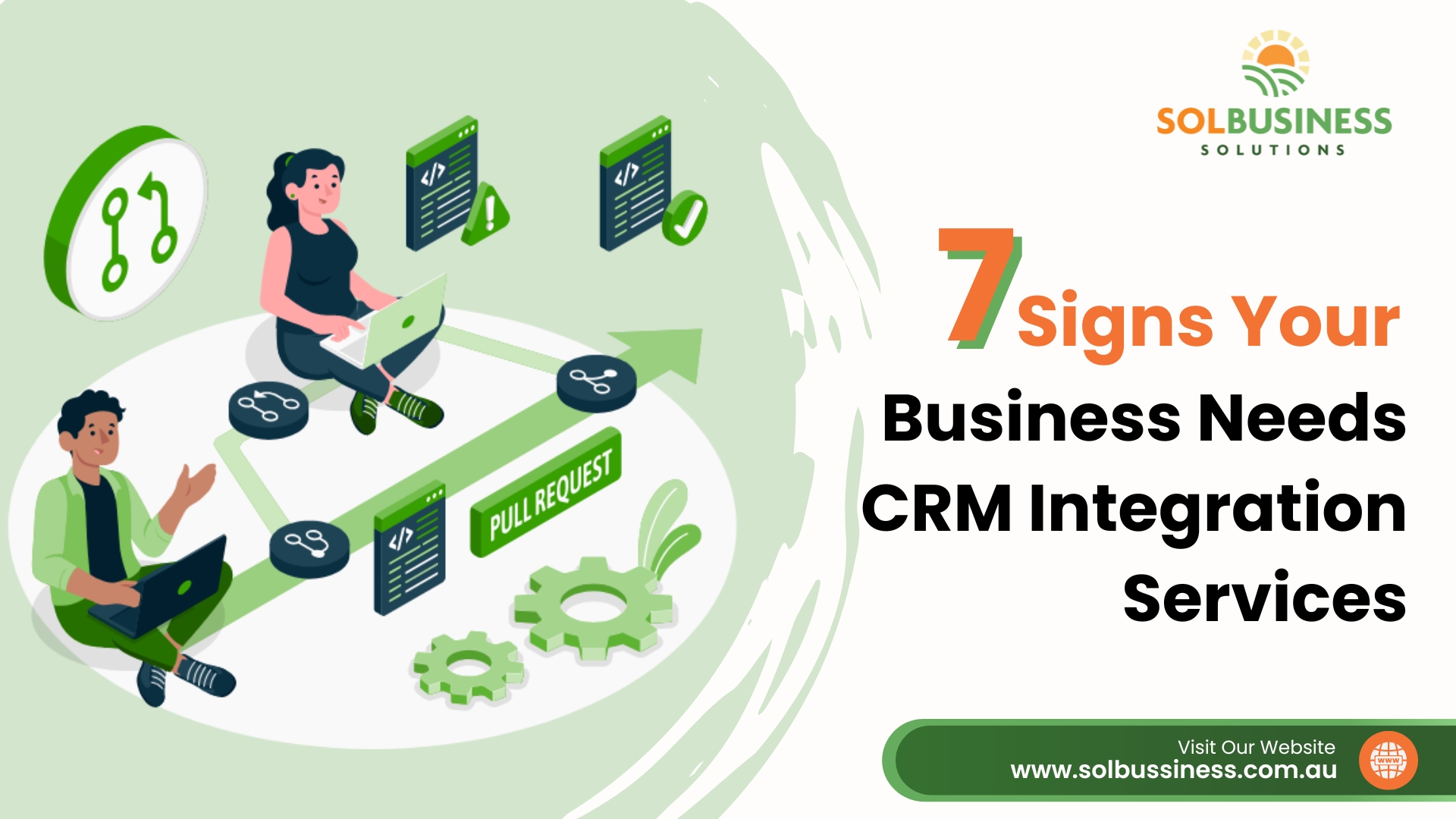
4 min read
Nowadays, most small—to medium-scale businesses ignore the need for CRM integration. They thought they could solely manage the business with manual...